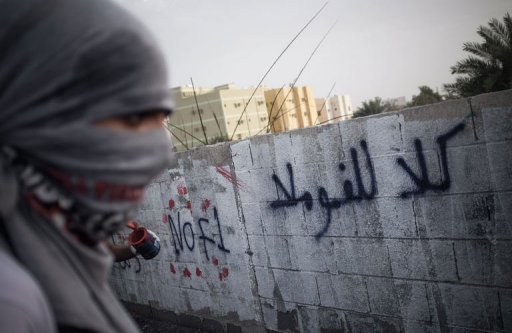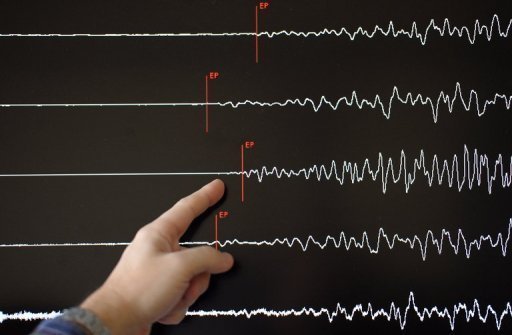CAIRO: Not long back, Ranana Saad and her three children had to walk four homes down her street to use a toilet. Today, she proudly shows off her own latrine to visitors.
Another resident of the small Batn El-Baqara (which, if literally translated, means stomach of the cow) neighborhood has a new sink and kitchen flooring to show off.
Mostly though, residents are happy to be rid of the sewage that used to be disposed of in the alleyways, Um Ibrahim tells The Daily Star Egypt.
The New Horizon Association for Social Development NGO is a multi-dimensional organization working across the Old Cairo district in fields ranging from sanitation and labor conditions to literacy and children-at-risk.
Australian Ambassador Robert Bowker visited the NGO late last week to see how the Embassy’s small contributions were being invested to improve the lives of the citizens of the neighborhood.
Bowker said the hope was that larger aid programs would see the success of the projects and pick them up.
He told The Daily Star Egypt that what most impressed him before contributing to the project was that it reached the “most vulnerable people. As Australia does not have an aid program in Egypt, Bowker was also impressed by the modest amounts of funding needed for significant projects.
With regards to the visit, he placed an emotive emphasis on the private latrines, which have accommodated more than 150 families: “they are an advance in the dignity of women and families.
External Relations Manager Bassem Khalifa explains that two of the most important projects New Horizons has embarked on since 2005 are identity cards for women and replacing rubbish burners in the pottery kilns with gas kilns.
Both developments have important implications.
First, many women around the area did not have identity cards and either were unaware of their importance or were unaware of how to obtain one. Procedures are cumbersome and fear of the police prevails among many of the residents. Facilitating and paying for the process however means that 500 women can now receive pensions they are entitled to. They can work formally, access loans, and receive health care for themselves and their children.
Khalifa added that the reason for focusing on women with regards to the identity cards is that they are less likely to have them and are also more eager to pursue them.
The change in the kilns used will affect much of the neighborhood where the main industry is pottery. To find burnable materials, children would sift through trash. What was burned as a result would cause a “black cloud to float above the alleys, causing a range of eye, skin, and lung diseases, not to mention the carcinogenic fumes breathed in.
In addition to their own work, New Horizons attempts to build a culture of participation by assisting local Community Development Associations take root through training and capacity-building. They also associate identity cards with suffrage and encourage political participation.


